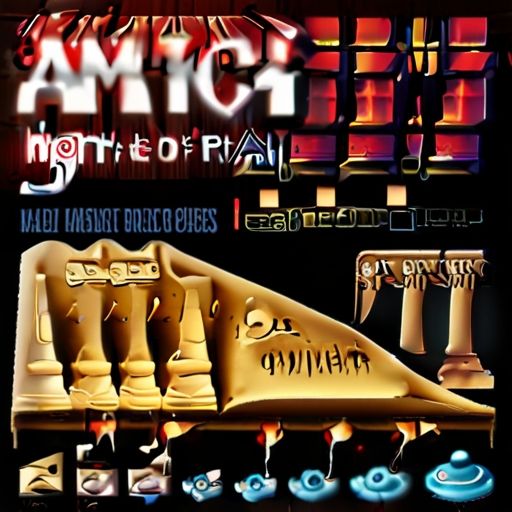Advertisement
Music
Listening to Music is Good for Your Mental Health
Music has long been seen as a powerful tool to improve mental health. Studies have shown that listening to music can boost mood, reduce stress levels, and even help people with depression and anxiety.

When it comes to why listening to music is beneficial for someone’s mental health, there are numerous answers. First, music can be an effective distraction from negative thoughts and emotions. Speeding up the tempo of a song or opting for upbeat tracks can induce a feeling of joy and pleasure, while slow songs can have a more calming effect. Additionally, certain types of music can transport listeners to another time or place – providing comfort in times of difficulty. This sense of escapism can help individuals to focus on the positive aspects of life instead of dwelling on the negatives.
Another key benefit of listening to music is that it encourages self-expression. Music allows us to externalize our emotions through song lyrics or instrumental composition, which helps us better understand our feelings and cope with them in healthy ways. For some people, this form of self-expression is especially important for processing difficult psychological issues such as grief or trauma. Singing along or making your own music gives us an outlet for our thoughts and feelings that we may not be able to express verbally.
Music also provides social support by helping people feel connected to others who share similar musical tastes and interests —even if they don’t know each other personally. A study conducted by researchers at the University of Oxford showed that singing together in groups boosts oxytocin (the ‘love hormone’) levels among participants which increases feelings of trust between singers and their audience alike —a much needed boost during periods of distress or loneliness. Listening to certain songs may also evoke memories associated with particular people or places—which further strengthens social bonds between individuals who share those experiences together.

In addition, listening to music aids relaxation by stimulating the release of endorphins – hormones which act as natural analgesics in relieving pain and reducing stress levels in the body – resulting in improved physical well-being too! Music also acts as an effective tool for reducing job-related stress: playing classical tunes in work environments has been shown to decrease anxiety levels among employees who are dealing with heavy workloads or tight deadlines.
Finally, research indicates that engaging with creative activities like making music actively helps build resilience when facing challenges — whether physical, emotional or psychological in nature – giving us strength when we need it most! In fact, many therapists recommend using personalized playlists as part of their treatment plans due its ability to promote relaxation while encouraging healthy coping skills during tough times.

Listening to music is an incredibly valuable tool when it comes maintaining good mental health: providing distractions from negative emotions; aiding self-expression; offering social support; enhancing relaxation; and boosting resilience when facing challenges! Therefore it’s clear why so many people turn towards soundtracks as a way bolster moods during difficult times – making it a powerful ally on one’s journey towards emotional wellbeing!












